Racism isn’t a mental illness and bigotry isn’t a disability
September 9, 2020
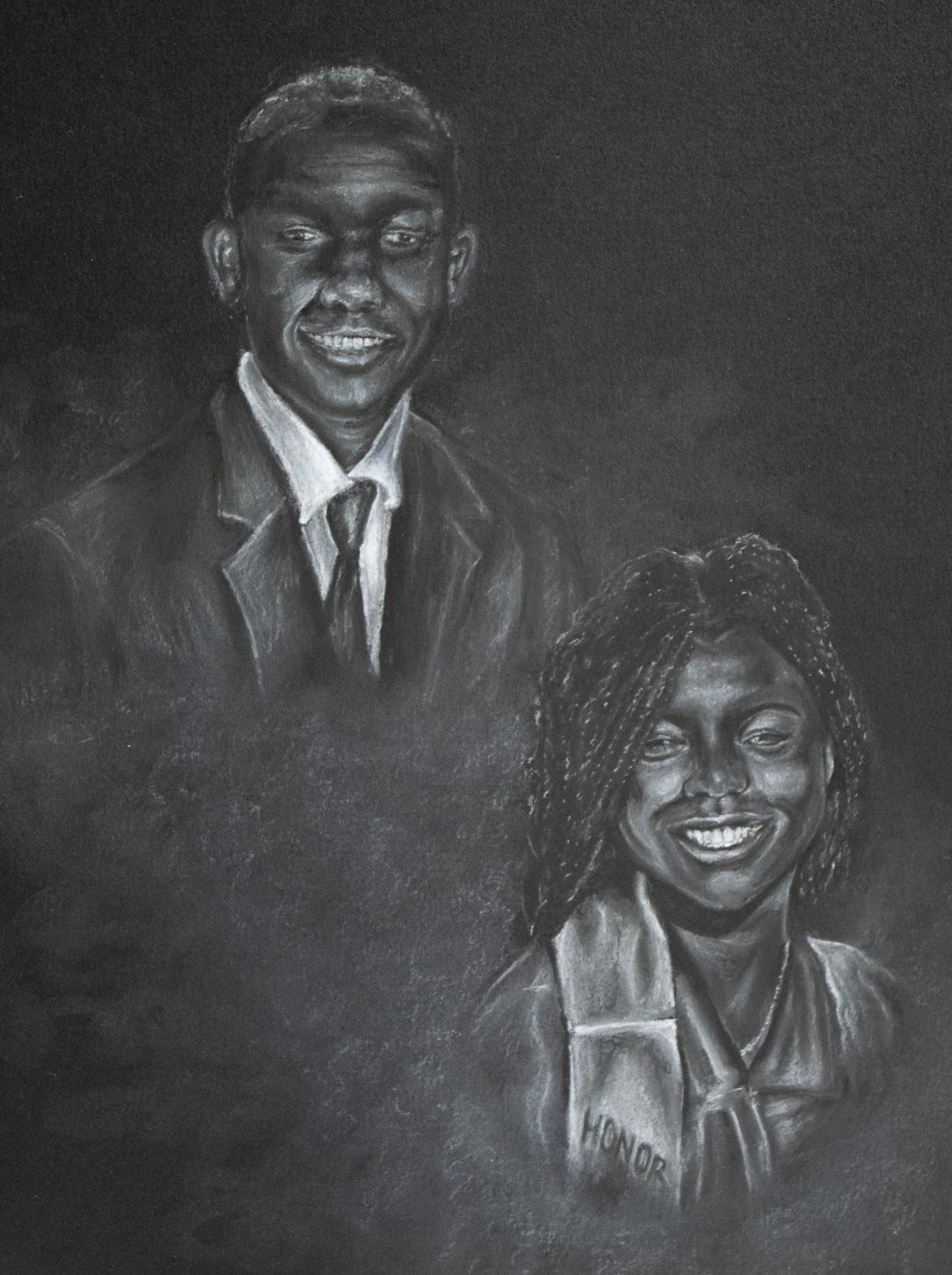
In the discussion of racial violence in the US, there’s a common claim that racism and bigotry are mental illnesses.
I cannot count how many times I have heard that racists are mentally ill or that white supremacy is an illness.
Ignorant statements such as these are extremely harmful and demonize people with mental illnesses.
Racism isn’t a mental illness and bigotry isn’t a disability, and yet those who suffer from mental illness are often victims of police brutality.
Racism is a choice; mental illness is not.
And UVM’s culture is no exception. Racism exists here and CAPS counselor Keith Smith said Black mental health needs to be a priority across disciplines.
“There needs to be more outreach that targets men of color because of the increasing levels of depression and suicide among Black and men of color,” Smith said.
According to a January 2020 CNN article, 19 year old Mubarak Soulemane, was murdered in West Haven, Connecticut during a schizophrenic episode by Connecticut state trooper Brian North. North has not faced criminal charges and has been placed on administrative assignment.
The officers were aware of his mental illness and still decided to use deadly force rather than de-escalation tactics and take Soulemane to the hospital, according to a gofundme by Soulemane’s sister. “There needs to be more outreach that targets men of color because of the increasing levels of depression and suicide among Black and men of color. — CAPS Counselor Keith Smith
In Virginia, Natasha McKenna was murdered by the Fairfax police in 2015. Her history of mental illness was well documented.
According to a 2015 Washington Post article, McKenna’s first hospitalization for mental illness was at 14 years old. Mckenna was diagnosed with schizophrenia, bipolar disorder and depression. She was tased 4 times during a schizophrenic episode.
Her murder was also caught on video. McKenna’s last words were “You promised me that you wouldn’t kill me. I didn’t do anything.”
The officers responsible for her murder were cleared of any wrongdoing by the Fairfax County Sheriff’s office.
According to a 2015 report by the Treatment Advocacy Center, people with untreated mental illnesses are 16 times more likely to be killed by law enforcement and that Black Americans with mental illness are at the highest risk to be murdered by the police.
In a March 2015 report with the Institute for Policy Studies, Karen Dolan found that the destruction of public services has criminalized poverty by limiting access to therapy and medication to low income people.
Here at UVM, counselor Keiba Bragg-Best said Counseling and Psychiatry Services have made adjustments to help minority students feel more comfortable with attending therapy.
“UVM has responded to students’ recent requests for more access to CAPS,” Bragg-Best said. “Additionally, hiring more Black folk and counselors, alongside specific programming for Black students will make mental health resources more accessible to Black UVM students.”
According to a 2012 study by Dr. William Lawson, chair of psychiatry at Howard University, schizophrenia and bipolar disorder are over-diagnosed among African Americans.
The healthcare system was built on the backs of Black people with the belief that we were not fully human. Today, the prison-industrial system is often used to house those who are homeless and suffer from mental illness.
Disability, especially mental illness, is stigmatized against Black people and used to support white supremacy.
We must abolish ableist racism by providing proper healthcare for Black disabled people. The only way to achieve this is to continue to defund the police in order to reinvest in and protect the Black community.









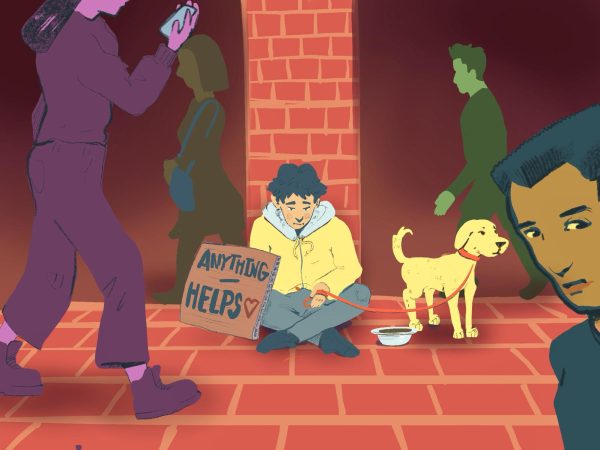
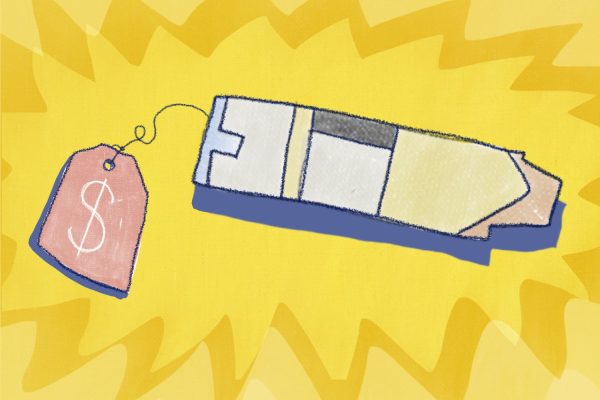
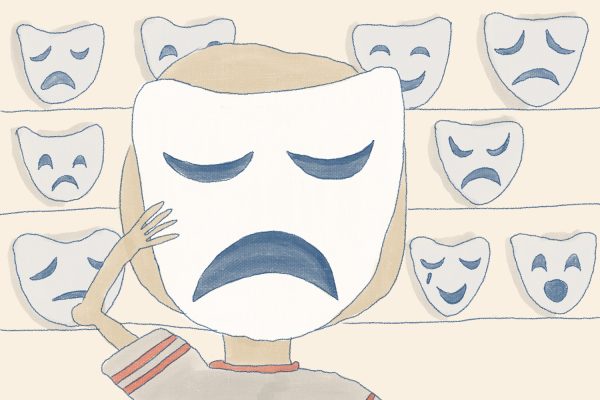
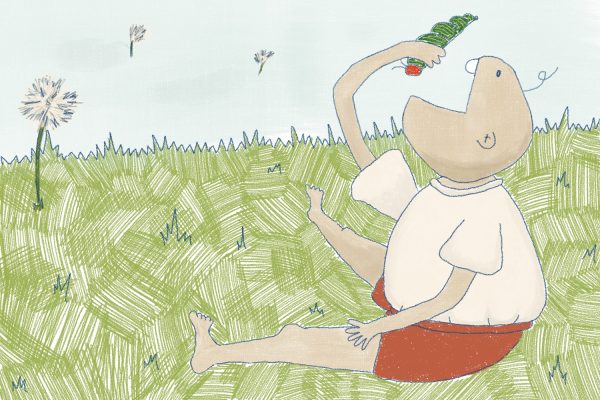
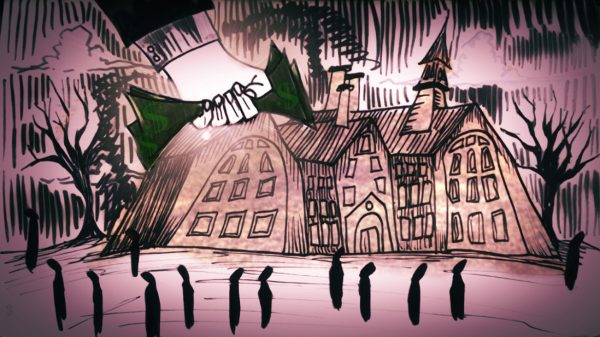

![Can’t buy me [self] love](https://vtcynic.com/wp-content/uploads/2024/04/self-care-FINAL-600x398.jpg)

Amber Smith • Sep 9, 2020 at 10:54 pm
I completely agree. This article speaks volumes to me because I know first hand with family members that suffer from metal illness just being shunned away if Rhett don’t act a certain type of way an nd its like” sir this person clearly had mental illness how can they follow those loud rude ass instructions?”